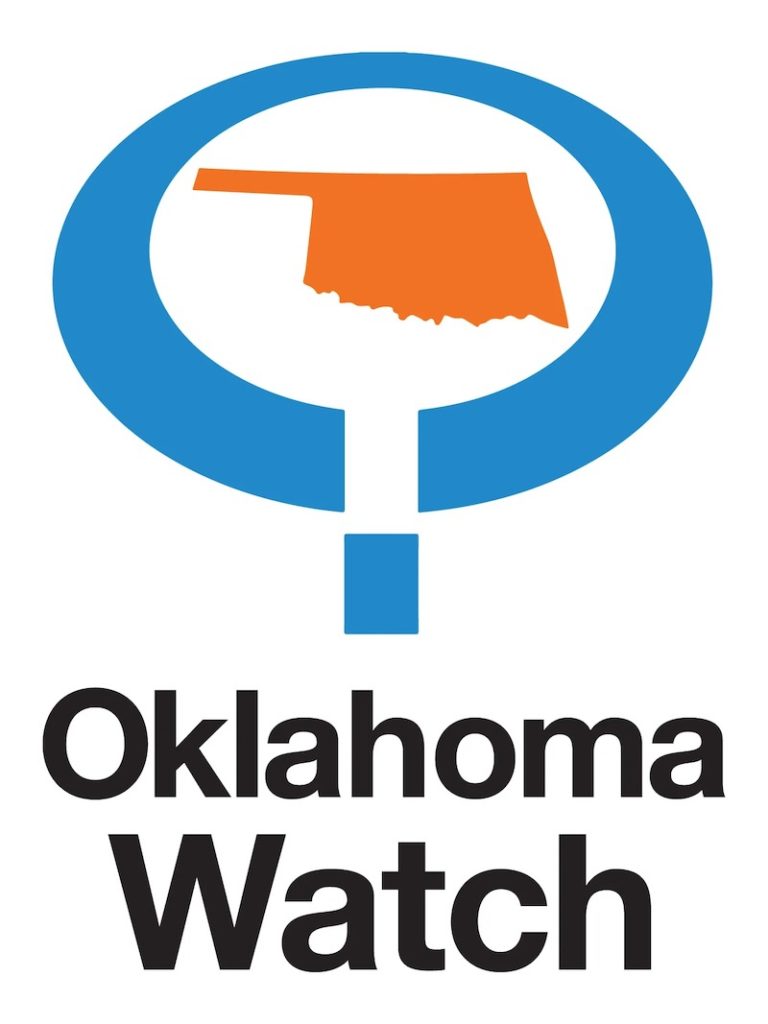What are the private school tax credits?
The Parental Choice Tax Credit offers Oklahoma families a refundable tax credit of $5,000 to $7,500 for private school tuition and fees. If you will pay, or expect to pay, for a child’s private school this year, you can apply for the credit.
Though it’s called a refundable tax credit, it functions like a voucher because families can advance the funds from the Oklahoma Tax Commission in a process that’s separate from income tax filing.
The program was a major initiative for the Legislature and Governor Kevin Stitt in 2023.
Proponents say the program is needed to help low-income families afford private schools if it’s the right fit for their children.

“I think it’s going to be a tremendous blessing for our families,” said Barbara Ohsfeldt, founder and principal of Community Christian School in Norman.
While the program could make private schools feasible for a few new families, critics say it will mostly cover the costs parents could already afford on their own.
“It was always sold as: for a parent who wants to send their kids to private school but for the cost, we’re going to provide this option,” said David Blatt, director of research and strategic impact at Oklahoma Appleseed Center for Law & Justice, a nonprofit organization that advocates for public education.
The application cycle, which opens in December of each year for the next calendar year, favors parents whose children already attend private school, not those the program was intended to serve, he said.
Folks on both sides of the issue say they will try to work with the Legislature to align the program with the school year.
Who is eligible, and will every family receive the credit?
Any student in pre-K through 12th grade is eligible. Previous public school enrollment isn’t required.
Proponents say the tax credit program will be able to serve about 23,000 in its first year, but there are already 33,000 students attending private schools in Oklahoma, so the funds are likely to run out. Families must reapply each year, and receiving the credit one year doesn’t guarantee they’ll receive it the following year.
Families of all income levels can qualify for a credit, but those that earn less than $150,000 per year (based on adjusted gross income) will be prioritized if they apply by Feb. 1. The application deadline is Dec. 31 of each year, or when the cap is met.
Credit amounts are $7,500 for families with an adjusted gross income of less than $75,000; $7,000 for income between $75,001 and $150,000; $6,500 for income between $150,001 and $225,000; $6,000 for income between $225,001 and $250,000; $5,000 for income of $250,001 and above.
The credits can’t be split (say between divorced parents) and only one taxpayer can claim a child, though that person could be a grandparent or other relative if they pay for tuition.
Does the credit cover the cost of tuition at private schools?
For many, it will not cover the full cost.
Private school tuition costs slightly less than $7,000 per year, on average, in Oklahoma, according to the Education Data Initiative. But there’s a wide range within that: as low as $500 at Cristo Rey Oklahoma City, where a corporate work-study program picks up most of the cost, to more than $23,000 annually at a few schools such as Holland Hall in Tulsa and Casady School and Heritage Hall in Oklahoma City.
Families can apply for the credit even if they receive other types of assistance paying for a private school, including the Lindsey Nicole Henry Scholarship Fund or through the Oklahoma Equal Opportunity Education Scholarships.
Do the tax credits guarantee admission to a private school?
To apply, families must already be enrolled in the school their child is attending or planning to attend. An enrollment verification form from the school is required for application, and the school has to be accredited (a list of participating schools will be available at parentalchoice.ok.gov).
Private schools do not have to accept all students. Some reject students with behavioral issues or disabilities, or who don’t conform to the school’s religious tenets, such as students who are LGBTQ+ (or whose parents are).
If a student has an individualized education program for a disability, does the private school have to provide services?
While private schools can offer disability services to students, they aren’t required to. To accept the Parental Choice Tax Credit, parents give up their child’s right to disability services under the federal Individuals with Disabilities Education Act, or IDEA, according to the new law. Disability services include physical, occupational and speech therapy and paraprofessional aides.
Are there guardrails around how the tax credits are used by parents?
A family can’t claim more than its actual spending on tuition and fees, and uniforms purchased directly from the school.
To reduce fraud, the Oklahoma Tax Commission will mail taxpayers’ payments to the school in two installments, half in the spring and half in the fall. Parents will need to go to the school in person and either sign the check over to the school or collect the check if tuition and fees have already been paid.
The Tax Commission said it will audit questionable claims and recapture credits that were awarded on behalf of a student no longer attending a private school or enrolled in a public school.
How does the funding for these tax credits affect local schools?
As a tax credit, the program reduces overall tax collections to the state, but lawmakers capped that each year so it’s limited to $150 million in 2024, $200 million in 2025 and $250 million in 2026 and beyond. Funding for the tax credits does not come from educational appropriations or out of the school funding formula.
If the state experiences a revenue failure, the credits will be reduced proportionately.
What about home-school parents? Can they also qualify?
Yes, home-schooling parents can claim up to $1,000 per student for curriculum, textbooks, tutoring, testing fees, and other qualified expenses. Taxpayers may claim that credit on their income tax return starting in 2025. The Legislature capped this program at $5 million per year.
How will the tax credits work and what do parents need to know to apply for this program?
The application and more information are available at parentalchoice.ok.gov.
Republished in partnership with Oklahoma Watch under Creative Commons license. Free Press publishes this report as a collaborative effort to provide the best coverage of state issues that affect our readers.
Jennifer Palmer has been a reporter with Oklahoma Watch since 2016 and covers education. Contact her at (405) 761-0093 or [email protected]. Follow her on Twitter @jpalmerOKC











